Medicare will provide coverage for Skilled nursing facility services, but there are some specific coverage guidelines and rules that providers and beneficiaries must follow. Skilled nursing services are particular skilled services provided by health care workers such as physical therapists, nursing staff, and pathologists.
The guidelines surrounding such coverage also includes doctor ordered care with certified health care employees. Additionally, the care must treat current conditions or any new conditions that you become aware of during your stay at the skilled nursing facility.
MEDICARE COVERAGE REQUIREMENTS FOR SKILLED NURSING CARE
There are certain specific requirements that Medicare beneficiaries must meet in order to qualify for Medicare coverage in a skilled nursing facility. The patient must have been an inpatient of a hospital for a minimum of three consecutive days. Furthermore, the patient must also go to a Medicare-certified skilled nursing facility within thirty days of being discharged from the hospital.
Skilled nursing care has wide range of use, but some of the most common reasons people needed skilled nursing care are: septicemia, joint replacement, heart failure, shock, hip and femur procedures, kidney and urinary tract infections, Chronic Obstructive Pulmonary Disease, renal failure and pneumonia.
3 DAY HOSPITAL STAY RULE
For a patient to receive extended healthcare services via a skilled nursing facility, the patient must have been in inpatient care at a hospital for at least three consecutive days before admission. This three-day rule is in place to ensure that the patient has a medically necessary condition that falls under Medicare coverage. However, you should note that the day of the patients’ discharge from the hospital, any outpatient observations, or the time spent in the emergency room do not count toward your three days.
Although, there are a few exceptions to the three-day rule. Let`s suppose the patient’s health conditions are such that they do not require placement into a skilled nursing facility directly after being discharged from the hospital. In that case, the hospital employees will determine the next steps for better appropriate care. Another exception may be if the Medicare beneficiary requires around the clock nursing services. But generally, exceptions from this rule are a rarity.
WHAT MEDICARE COVERS IN SKILLED NURSING CARE
Medicare Part A is what will provide your coverage during your stay in a skilled nursing facility. Your coverage under Part A will be in three levels:
- Level 1 – first 20 days of care, Medicare will cover the entire cost. You will pay nothing at all.
- Level 2 – next 80 days (days 21-100 of care), Medicare will cover a majority of the costs, but you will be responsible for your daily copayment. In 2022, the daily copayment is $194.50 a day.
- Level 3 – day 100 and on, Medicare will not cover any skilled nursing facility care. Once you have reached the 100-day limit, you will be responsible for the entirety of your care costs moving forward.
Medicare Part B may cover some treatments and medicines, but generally, this benefit will not cover you at a skilled nursing facility. This is because Part B is generally for outpatient care, not inpatient.
Medicare will cover hospice care at a skilled nursing facility so long as the care center is Medicare-certified. However, Medicare will not cover your room and board charges.
BENEFIT PERIOD
Benefit period is how skilled nursing facility coverage gets measured by Medicare. The period begins on the day the patient begins care at the health care facility as an admitted inpatient. The period ends when the patient is no longer receiving inpatient care and hasn’t required such care for 60 consecutive days.
A new benefit period can open back up when the old ends and the patient has been readmitted into inpatient care at a skilled nursing facility. But keep in mind that a new benefit period does not necessarily start every calendar year, nor does it restart if the patient receives a new diagnosis or health condition.








